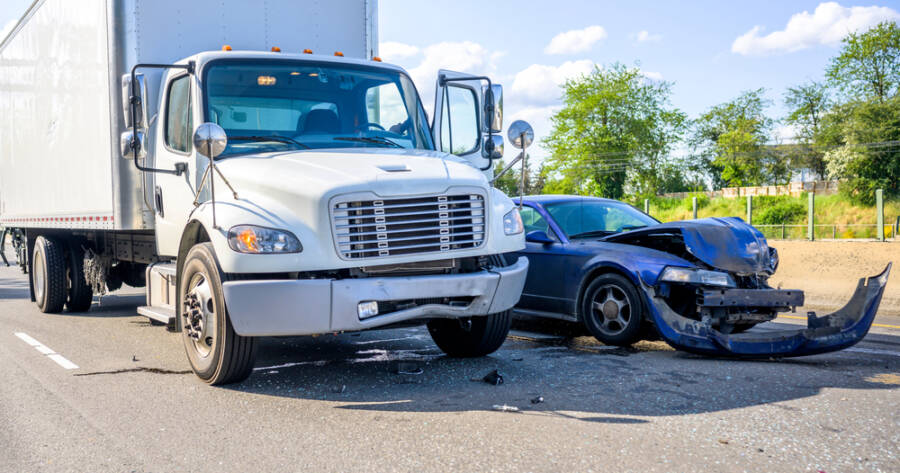Truck accident lawsuits present unique challenges due to the involvement of multiple parties and strict regulations. Resolving complex cases hinges on assessing liability, taking immediate action post-accident, and effectively pursuing compensation. Engaging experienced legal counsel and understanding the legal landscape ensures comprehensive representation and optimal outcomes for affected individuals.
Truck Accident Lawsuit Basics
Truck accident lawsuits are inherently more complex than regular car accident cases due to various factors, including the sheer size and weight of commercial vehicles, which often result in significant damages and injuries. These factors require specialized legal expertise.
The intricacy of these cases is heightened by stricter industry regulations and the involvement of multiple parties, such as the truck driver, the trucking company, and potentially third parties like maintenance providers or manufacturers who may share liability.
Key Elements in Truck Accident Cases
In truck accident lawsuits, determining liability is pivotal, often involving a detailed examination of circumstances surrounding the accident, including driver negligence, truck maintenance, and adherence to trucking laws. Establishing fault requires proving elements such as duty of care, breach, causation, and damages, which are essential to holding parties accountable for their actions. Federal and state regulations, such as the Hours of Service Rule, play a crucial role, with violations potentially serving as significant evidence in legal proceedings.
Steps to Take Following a Truck Accident
Immediate action is imperative after a truck accident. This includes contacting emergency services and law enforcement to ensure safety and to document the scene for legal purposes. Engaging a knowledgeable truck accident attorney is vital early on to manage the legal complexities, preserve evidence, and navigate negotiations with insurance companies, who may not always have victims’ best interests at heart during settlements.
Compensation and Settlements
Compensation in truck accident lawsuits typically covers tangible and intangible damages, including medical expenses, lost wages, property damage, and non-economic suffering such as pain and emotional distress resulting from the accident. Successful claims depend on detailed documentation of losses, extensive evidence collection, and adept negotiation by legal counsel to counter well-prepared defenses from insurance companies. In some cases, litigation can be avoided through settlements, but if negotiations fail, pursuing a lawsuit may yield more substantial compensation for victims.
Learn More About Truck Accident Lawsuits
Understanding the complexities and legal protocols surrounding truck accident lawsuits is crucial for anyone involved in or affected by such incidents. The involvement of multiple parties and stringent regulations necessitate a comprehensive approach to legal representation. By familiarizing themselves with the lawsuit process, individuals can better navigate the aftermath of an accident, securing the necessary compensation to cover their losses and hold the responsible parties accountable.
Engaging with experienced truck accident attorneys ensures that victims’ rights and interests are robustly represented, ultimately influencing the likelihood of favorable outcomes. This understanding empowers individuals to make informed decisions when choosing legal representation, ensuring they receive the compensation they are entitled to and efficiently addressing the complexities of truck accident lawsuits.
Sources
Exploring Truck vs. Car Accidents

